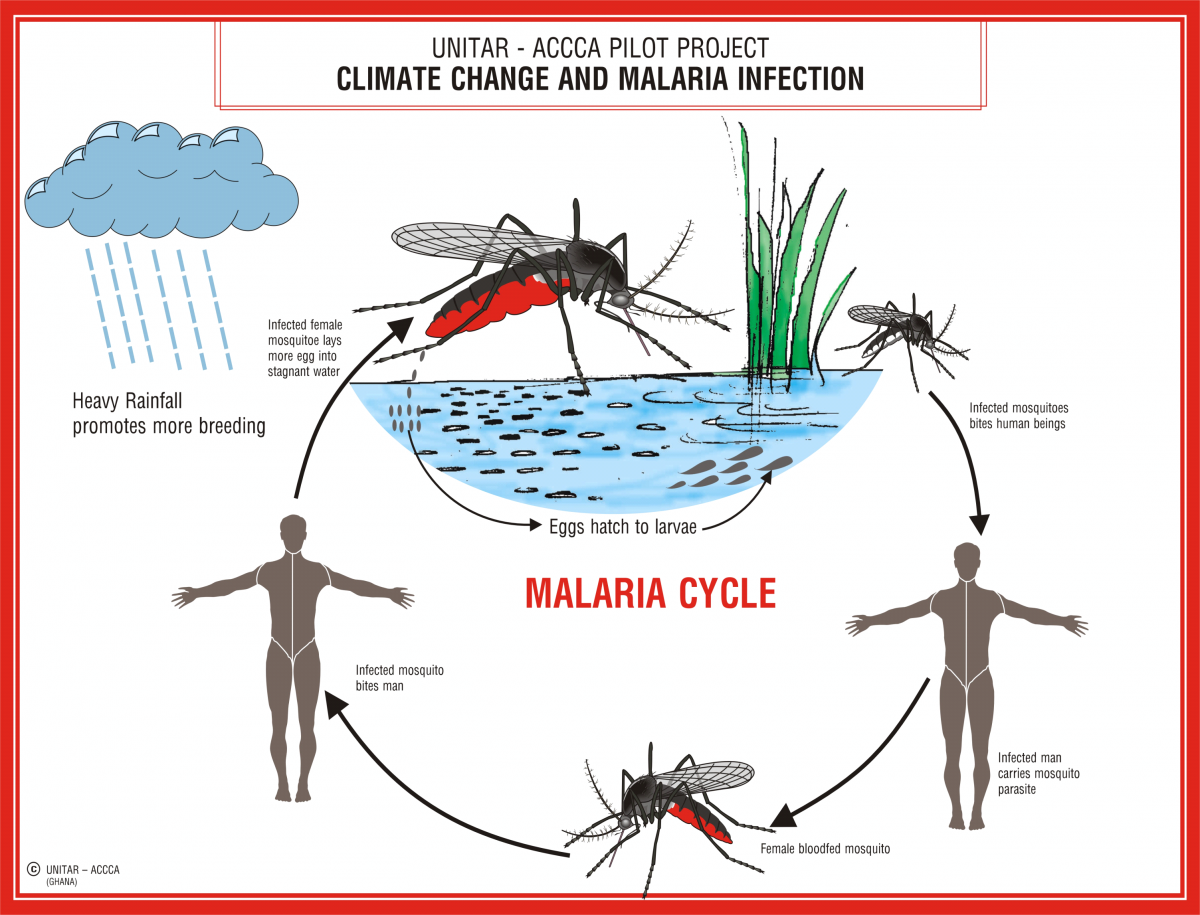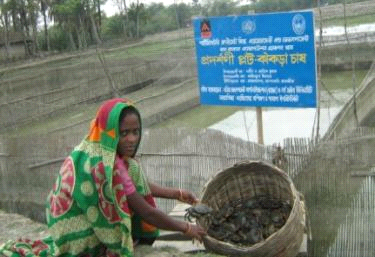Bonn, Germany from 10-12 June 2009 – UNITAR's Climate Change Programme and partners presented African and Asian scientists' and local communities' results on transforming scientific research on climate change into actions that address the impacts of a changing climate. This collaboration was made possible under the umbrella of the Advancing Capacity for Climate Change Adaptation (ACCCA) project.
Some of the ACCCA project outputs showcased included, the development of risk communication materials to educate and raise awareness about climate change and its impacts within local communities, as well as supporting the decision making process. Amongst the notable impacts highlighted by project managers and scientific monitoring teams, was the increased awareness within these same communities on how climate change will impact their lives and ecosystems and the increased human capacity to transform this scientific research and information into practical actions.
The climate information data provided by scientific teams and the local knowledge shared by the local communities together were at the heart of the ACCCA project and the interpretation of this data and the trends it uncovered enabled this collaboration to identify local solutions. This participatory approach further fostered community ownership and will be an essential ingredient for sustaining the results of the project in the long term.
 The Pilot Project countries included: Ghana, Kenya, Malawi, Mali, Niger, Nigeria, Tanzania, Tunisia, Bangladesh, India, Mongolia, Nepal and the Philippines.
The Scientific teams were from Environment Development Action in the Third world (ENDA) ENDA-TM Dakar, Climate Systems Analysis Group of the University of Cape Town, South Africa (CSAG UCT ), the Stockholm Environment Institute (SEI), Oxford (UK) and the International START Secretariat, Washington D.C and its regional centers in Bangkok (Thailand) and Beijing in China. Some of the key development sectors addressed through the Pilot Projects included; Health disaster management, agriculture, pastoralism, fisheries, responsive water management and mainstreaming climate change into sustainable development.
The Pilot Project countries included: Ghana, Kenya, Malawi, Mali, Niger, Nigeria, Tanzania, Tunisia, Bangladesh, India, Mongolia, Nepal and the Philippines.
The Scientific teams were from Environment Development Action in the Third world (ENDA) ENDA-TM Dakar, Climate Systems Analysis Group of the University of Cape Town, South Africa (CSAG UCT ), the Stockholm Environment Institute (SEI), Oxford (UK) and the International START Secretariat, Washington D.C and its regional centers in Bangkok (Thailand) and Beijing in China. Some of the key development sectors addressed through the Pilot Projects included; Health disaster management, agriculture, pastoralism, fisheries, responsive water management and mainstreaming climate change into sustainable development.
 The activities of this project were made possible through the generous contributions of The European Commission Europe Aid Co-operation Office (AIDCO), The UK Department of Environment Food and Rural Affairs (DEFRA), the Netherlands Climate Assistance Programme (ETC NCAP) and the Switzerland Federal Office for the Environment (FOEN).
The activities of this project were made possible through the generous contributions of The European Commission Europe Aid Co-operation Office (AIDCO), The UK Department of Environment Food and Rural Affairs (DEFRA), the Netherlands Climate Assistance Programme (ETC NCAP) and the Switzerland Federal Office for the Environment (FOEN).
For more information view the ACCCA website.

